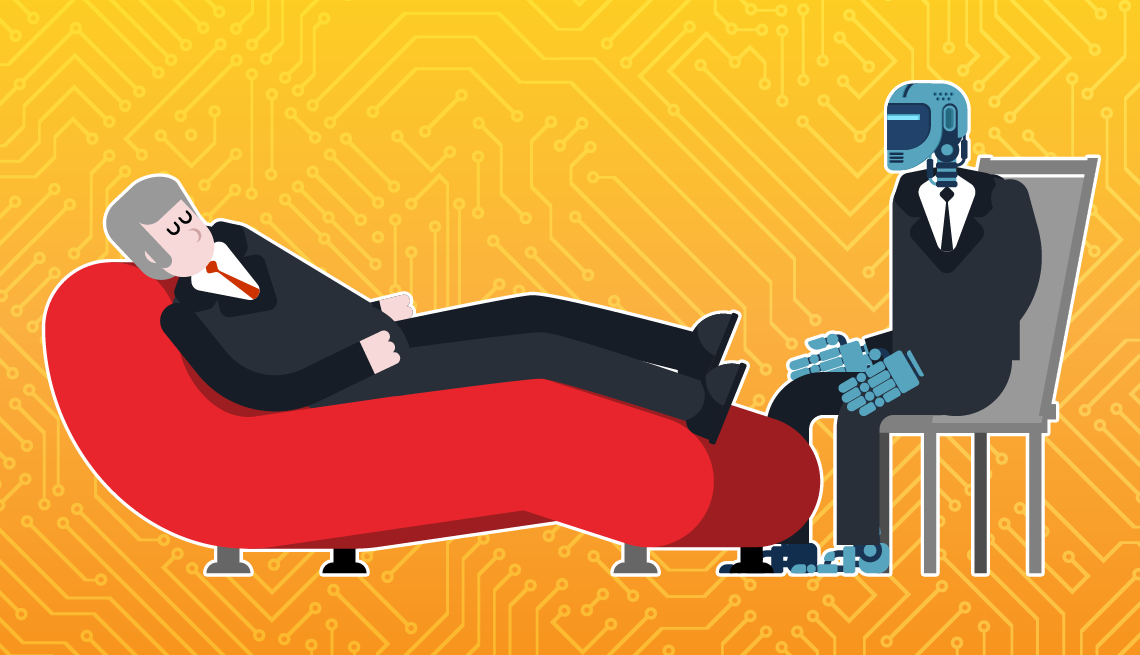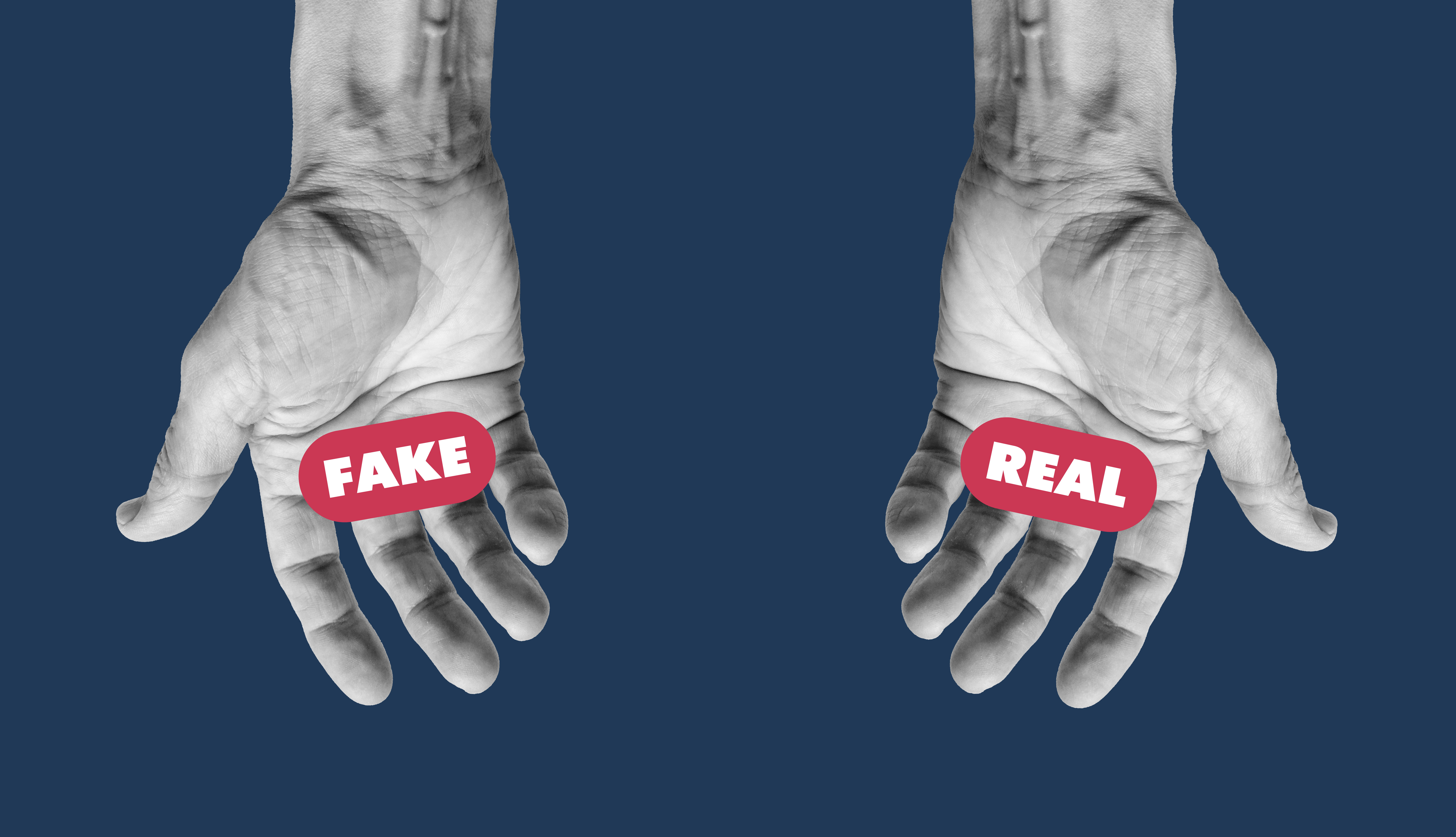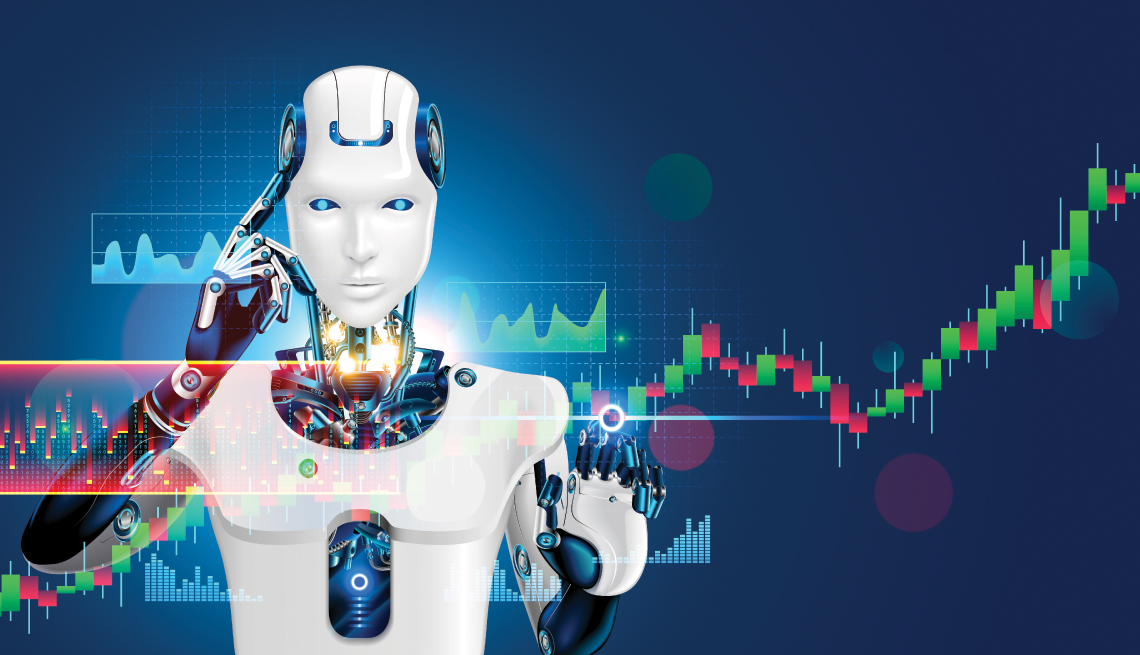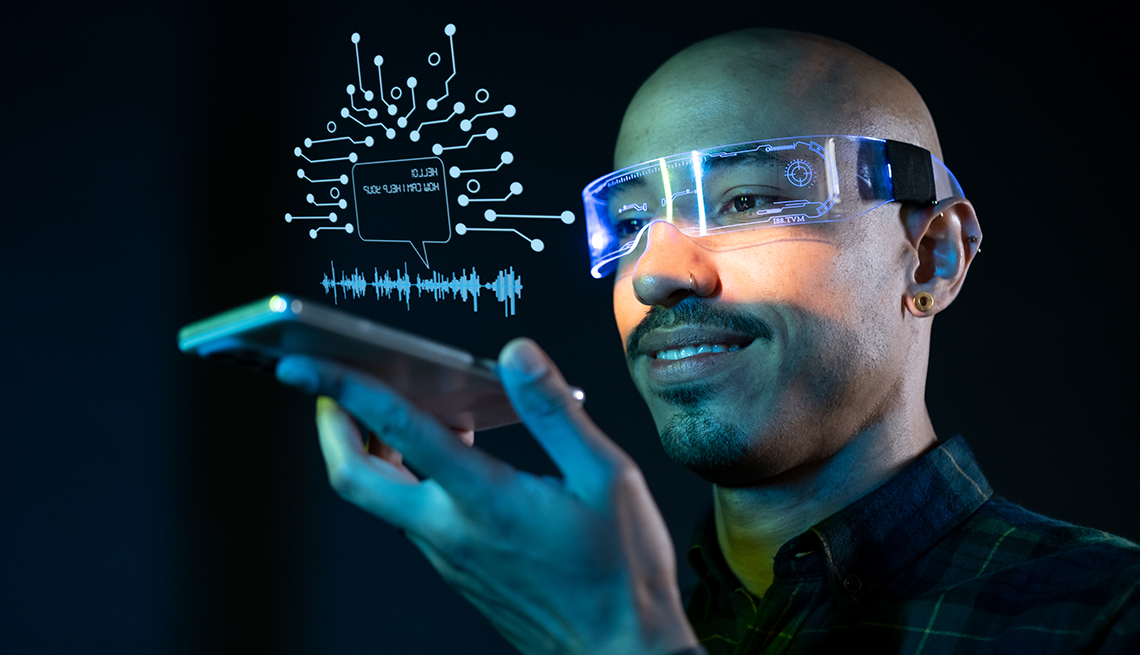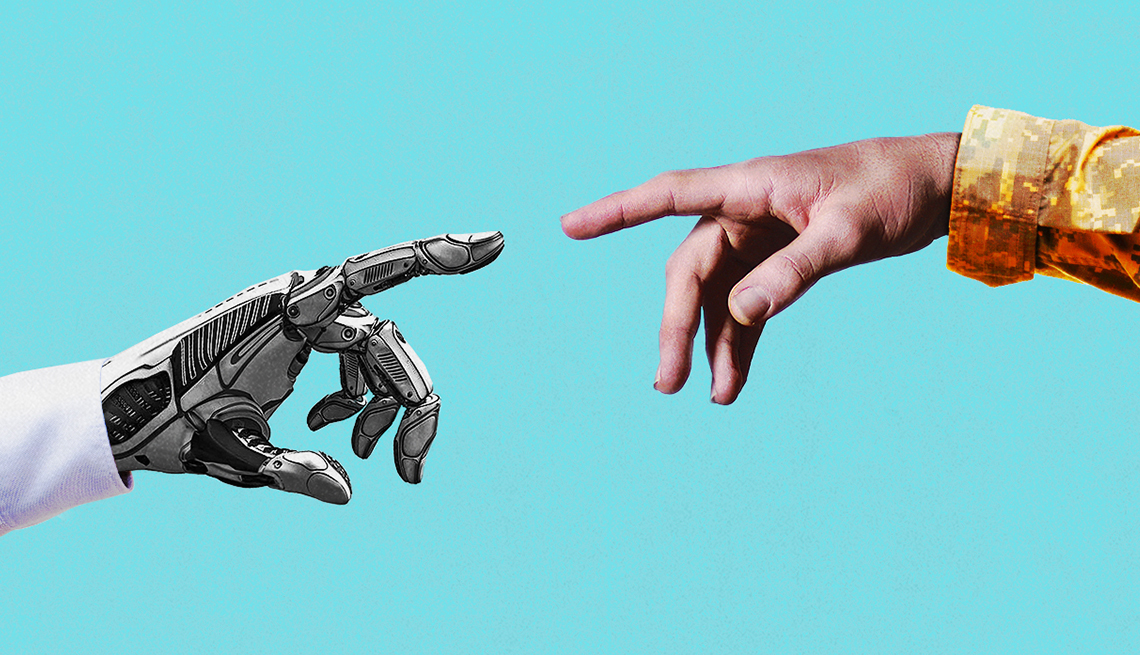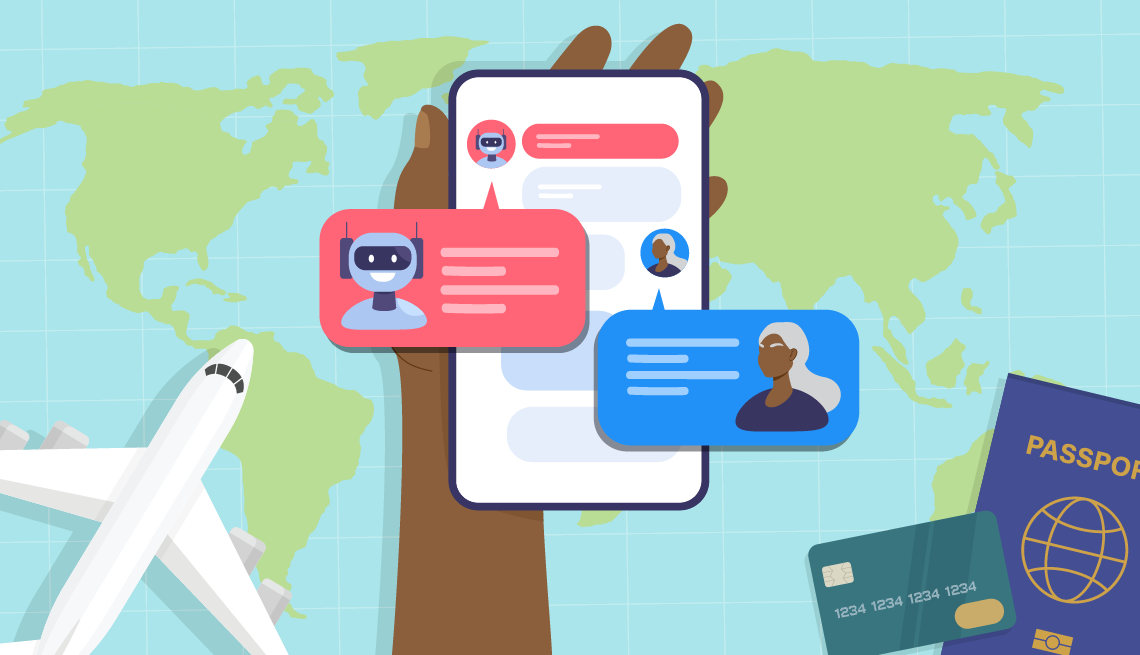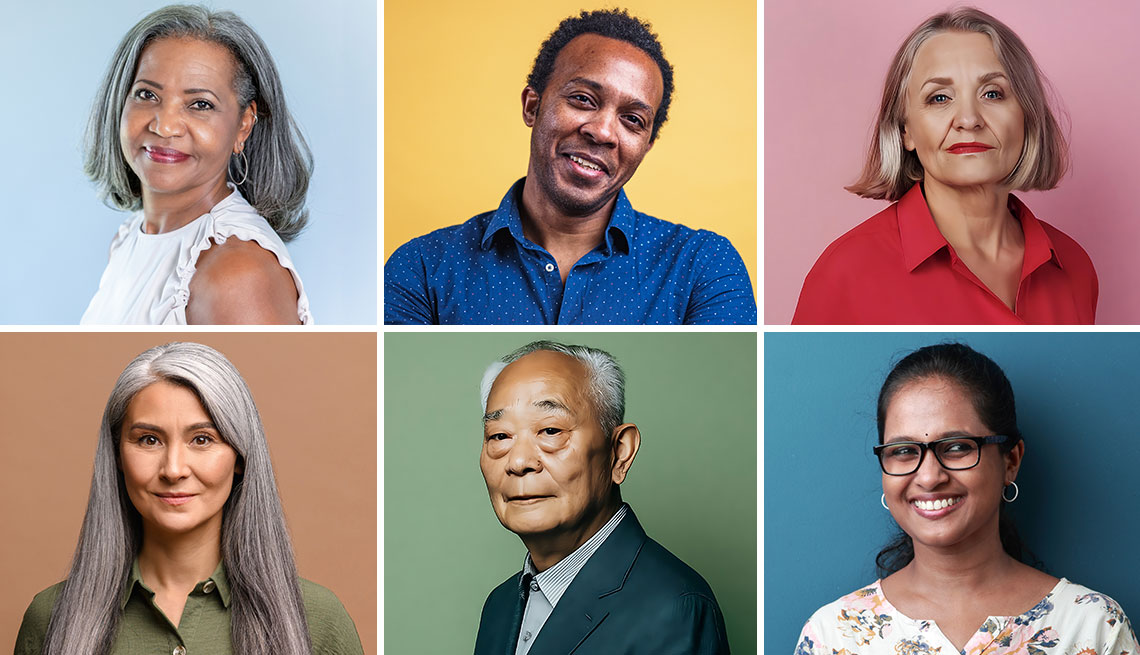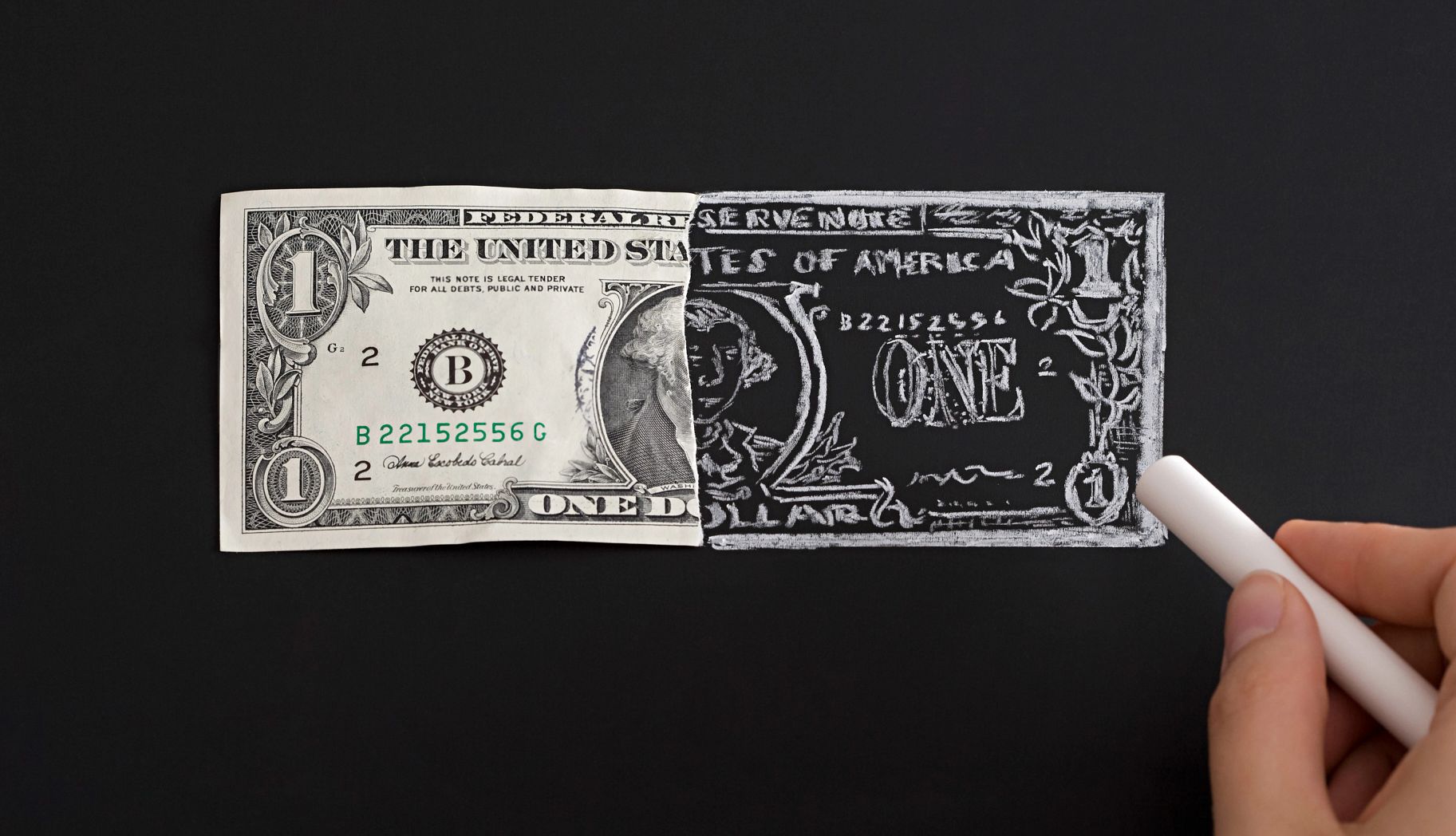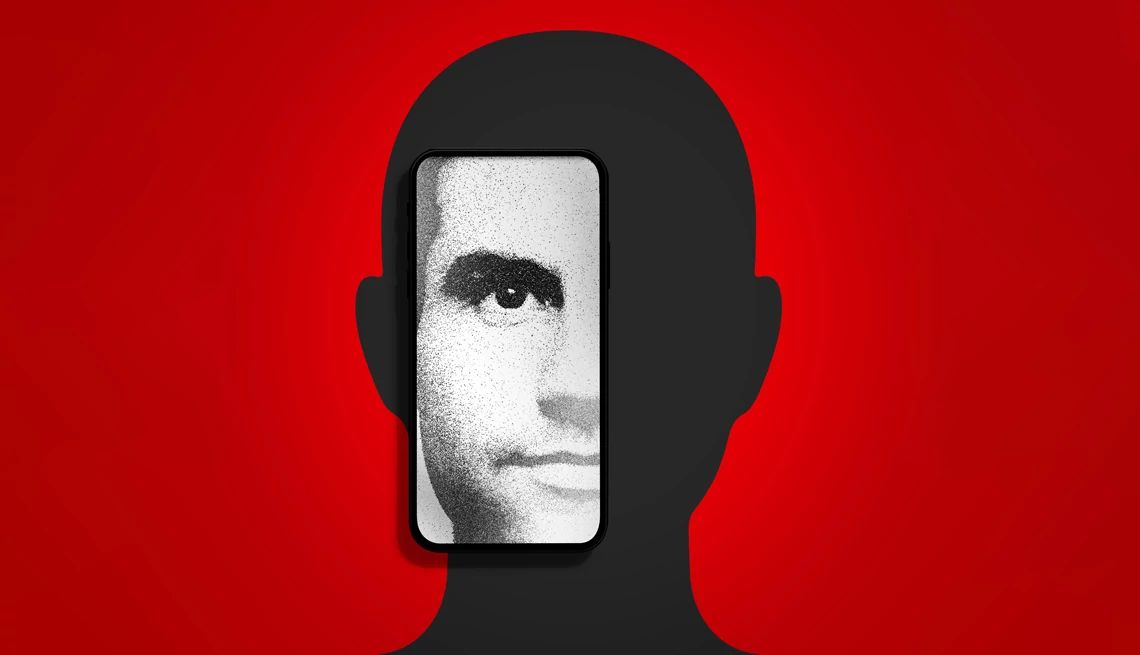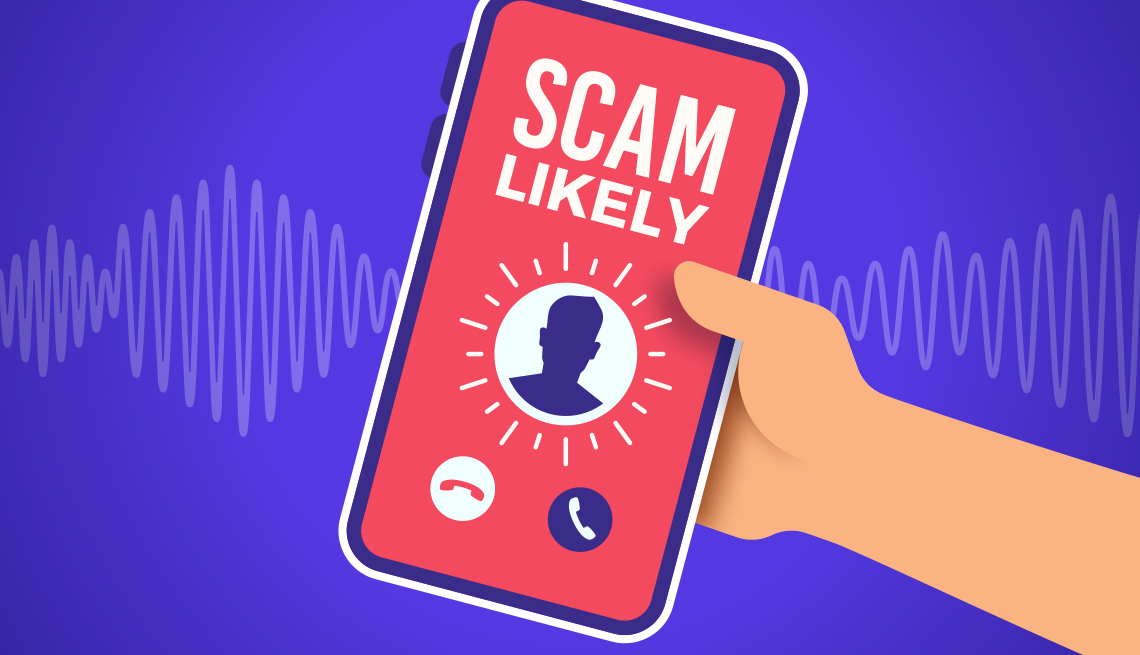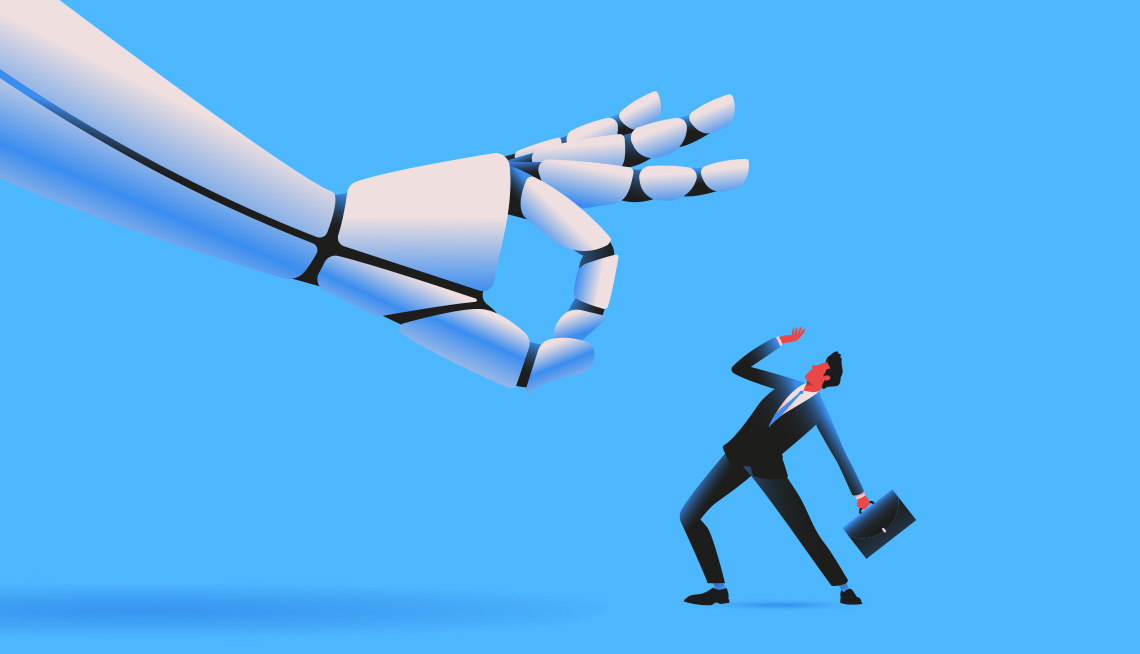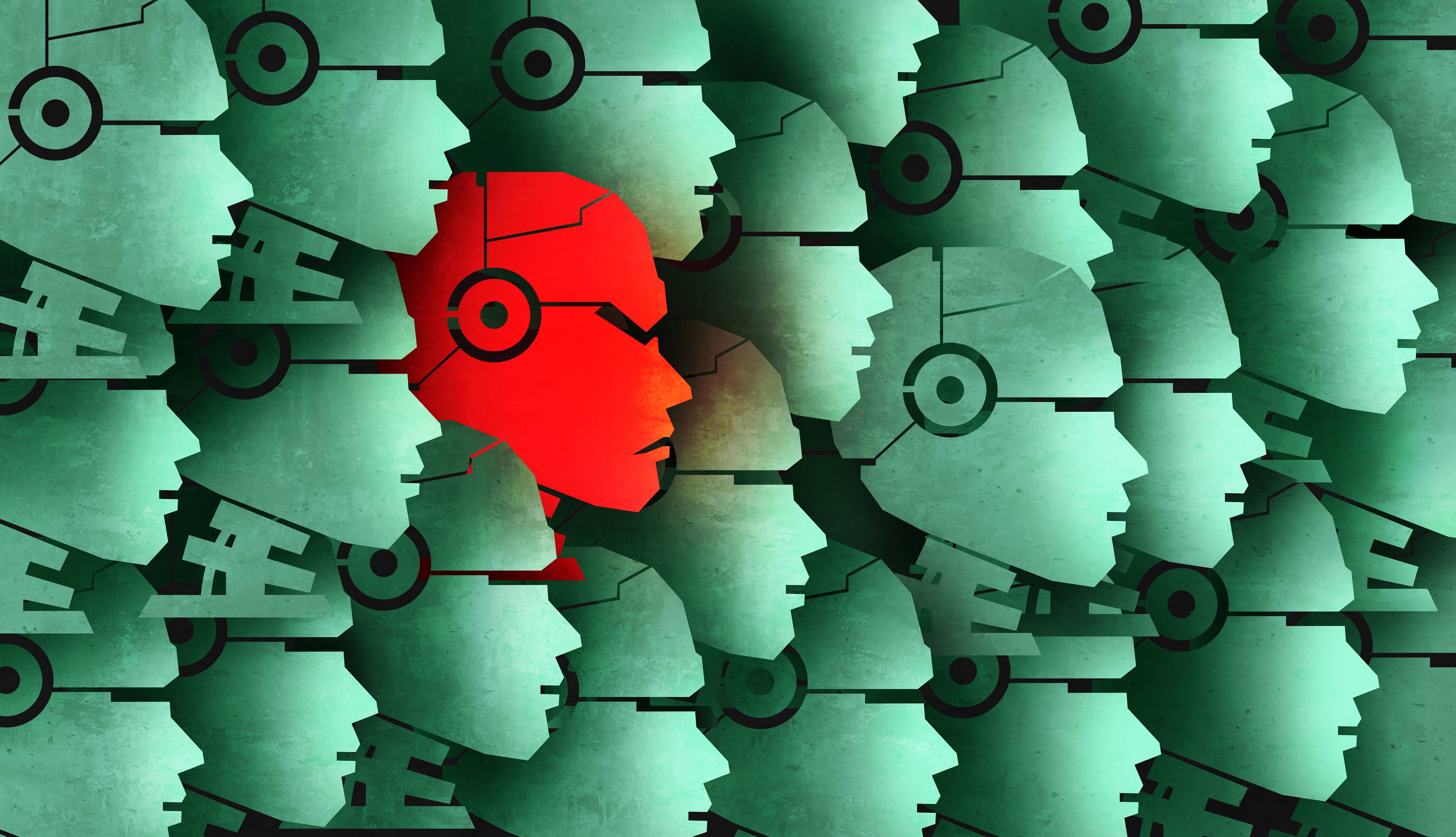AARP Hearing Center
From devices helping doctors predict illnesses and recovery statistics to technology improving medical outcomes, artificial intelligence (AI) is on the minds of many top doctors and innovators around the country. Here’s what they are working on.
Assistance with your diagnosis


You can subscribe here to AARP Veteran Report, a free e-newsletter published every two weeks. If you have feedback or a story idea then please contact us here.
“Artificial intelligence is an incredible tool where we can use data gathered from human behavior and patterns to diagnoses to monitor risk and mitigate harmful behavior, Allison Brager, a U.S. Army major, neuroscientist and author who specializes in sleep medicine, told AARP Veteran Report.
“Through the power of AI we are able to break down the mental health complexities and deliver more accurate diagnoses.” She sees this happening particularly with mental health conditions.
“Most disorders fall along a spectrum, and what is common in one individual may not be common in another. But through the power of AI we can tease apart these complexities and nuances to deliver the most accurate diagnosis.”
Behind-the-scenes task management
AI is working hard behind the scenes to solve operational problems for health plans, hospitals and payer organizations.
Learn more
Senior Planet from AARP has free online classes to help you discover more about artificial intelligence.
Heather Bassett, M.D., chief medical officer for XSOLIS, a company offering an AI health care technology called CORTEX®, explained that these improvements benefit veterans in ways that her father, who was a Marine Corps fighter pilot during the Vietnam war, could never have imagined.
“AI has broad uses across health care, and while oftentimes its functions are invisible to patients, the benefits are certainly not,” she told AARP Veteran Report. Technology frees up staff for complex tasks that require real humans. “All of this contributes to better movement of veterans through the care system, ensuring they receive the right care at the right time — something they deserve after their service to our country.”
Improving outcomes for the 1 in 4 veterans who are diabetic
Type 2 diabetes is one of the most significant health conditions veterans face, affecting 25 percent of VA patients. Jeff Stanley, M.D., medical director of the company Virta, told AARP Veteran Report that AI connects veterans with coaches via a telehealth platform.
“It enables Virta clinicians to identify patients in need of attention and to intervene with the right treatment at the right time,” he said. Two-year results from the pilot presented at the American Diabetes Association showed that 1 in 6 veterans either reversed their diabetes or put the disease into drug-free remission, while the number of veterans with uncontrolled diabetes fell by 40 percent. Warren Ridley, a Marine Corps veteran who used the program, reduced his insulin dosage by 96 percent and came back from congestive heart failure as a result.



























































